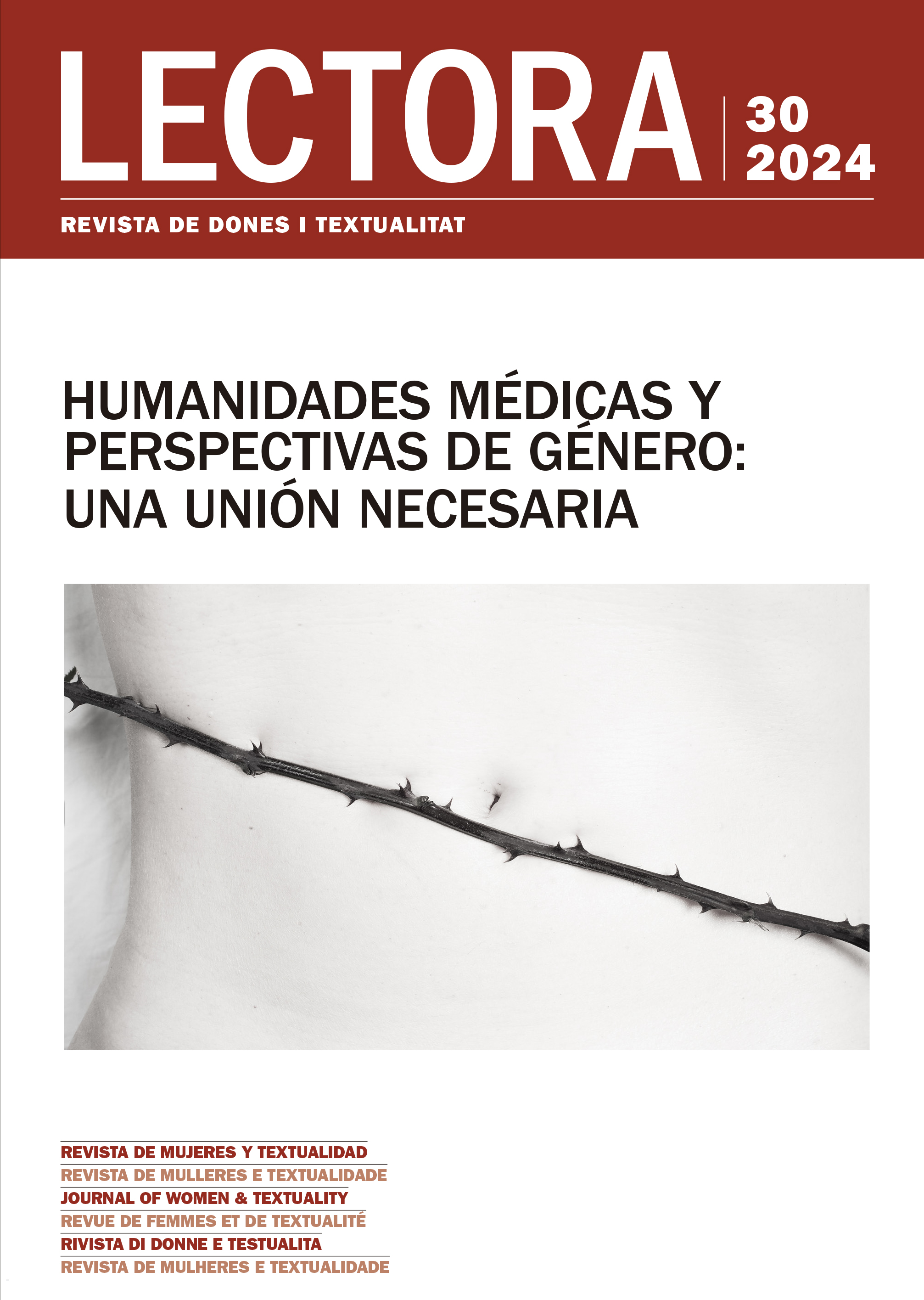A Gilded Awakening: Othering the New Woman Narrative in Anzia Yezierska’s Short Fiction
DOI:
https://doi.org/10.1344/Lectora2024.30.11Keywords:
New Woman, awakening, Anzia Yezierska, Jewish feminism, intersectionalityAbstract
The Progressive Era’s New Woman, epitomized in Edna Pontellier’s awakening, has been hailed as an icon of feminist rebellion. Recent scholarship, however, has interrogated the subversive potential of this icon, exposing its conservatist purchase on classism, eugenics, and white supremacism. Drawing from this intersectional inquiry into New Woman activism and literary production, this paper examines the short fiction of the Polish-American New Woman writer Anzia Yezierska (1880-1970). Through the appropriation of the awakening narrative, Yezierska sheds light on the failure of the first-wave feminist project to empower women in outsider locations and proposes alternative paths to liberation construed upon the working-class, Jewish values of community and solidarity, thus putting forward an alternative to the exclusionary designs of white feminism and anticipating intersectional demands by second and third wave feminism.
Downloads
Published
How to Cite
Issue
Section
License
Copyright (c) 2024 María Abizanda-Cardona

This work is licensed under a Creative Commons Attribution-NonCommercial-NoDerivatives 4.0 International License.
The Author retains ownership of the copyright in this article and grants Lectora: revista de dones i textualitat the rights to print publication of the Article. The work will be available under a Creative Commons Attribution-Noncommercial-No Derivative Works license, by which the article must be credited to the Author and the Journal be credited as first place of publication.
The Author is free to enter in seperate, additional contractual agreements for the non-exclusive distribution of the work as published in this journal (such as institutional repositories or a book), as long as the original publication in Lectora is credited.
The Author is encouraged to post the work online (eg in institutional or thematic repositories, or in their website), as it can lead to productive exchanges as well as to a greater citation of the published work (see The Effect of Open Access).




